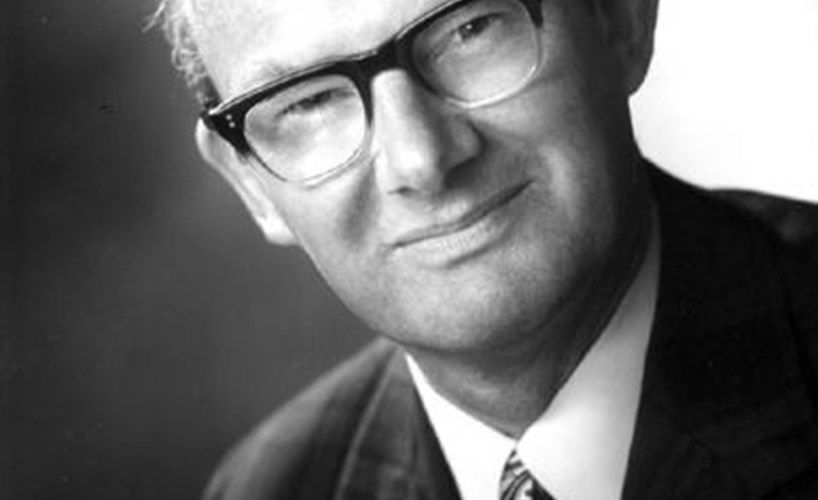John Hick's Theodicy

1. Why evil if God is good?
By evil, Hick means that which ought not to be—whether human callousness and cruelty; or suffering caused due to diseases or accidents or natural disaster of some kind. For Hick, this problem confronts us personally and to our faith. Therefore, even when things are going well with ourselves we know that millions of other people are being assaulted by evil in one form or another and we cannot help asking: why does God allow such things to happen?
Hick argues that humans are not created perfect. In other words, no human beings have reached their full potentialities of what God expects him/her to be. Therefore, we are all flawed morally. Why do God give man power to commit such heinous acts of cruelty against its own kind. We think of Hitler who obliterated 6 million Jews (Holocaust)/pol pot exterminating (Over 1 mil. In Cambodia) Joseph Stalin (10 million/Russian Empire) /
Hick argues that this is due to exercising one’s own moral freedom, and abusing that liberty for one’s own self-ambitions or selfish ends.
2. Why not create humans perfectly? Hick wrestles with this question, “why not create man with freely doing the right thing?” But then, if that’s the case, there would be no real freedom of mankind. For Hick, man did not necessarily fell from a perfect state of being but man was created immature and imperfect to make right moral choices to achieve the standard of God’s moral perfection. Therefore, there is a need for a ground to exercise freedom and make right moral decisions. So, God created man with inherent moral freedom to make right choices on this earth to achieve salvation/moksa but man have failed again and again.
3. Why are we here on earth? Why Pain and Suffering? He sees Irenaean Theodicy as a plausible answer to the question of human suffering. For Irenaeus, man was created imperfectly and immature. He sees pain and suffering as a ground for the long process of growth and development (Hick refers to it as “soul-making”). For Hick, man is not created perfect so he has to strive and make constant effort to reach the goal of moral perfection—no matter how hard it is, to reach the full potentiality of what God intended humans to be. Hick also sees how demons/unclean spirits have exercised their evil potentialities far beyond divine control. And he sees that God is contingently omni-responsible for moral evil but even so, man is accountable for his own actions. Hick sees the demonic activities are far-reaching beyond divine purpose.
4. Why such a planet? Why not a pain-free world? Hick states unambiguously that there is no progress without pain. Hick sees some healthy and assertive sides of pain in this world. Not to state that pain is good per se but without pain, one is expecting a paradise, a world without challenge, harm, pain and suffering. Hick sees pain as a ground for progress and development of perfecting humankind. But with the intensity of pain and suffering, Hick does not give an easy answer but unequivocally affirms that there is a mysteriousness to this life. And we can only hope to live virtuously and have faith in the midst of cloudy and blurry face of life. Finally, then, Although Hick initiates to bring the overall idea of Theodicy, he like many other philosophers and theologians fails to give a comprehensive understanding of the many facets of sufferings and evil and Hick, simply, humbly admitted, that life is mysterious and therefore, the aspect of faith and virtue is needed to get through the rough phase of this earthly passing, short life.



